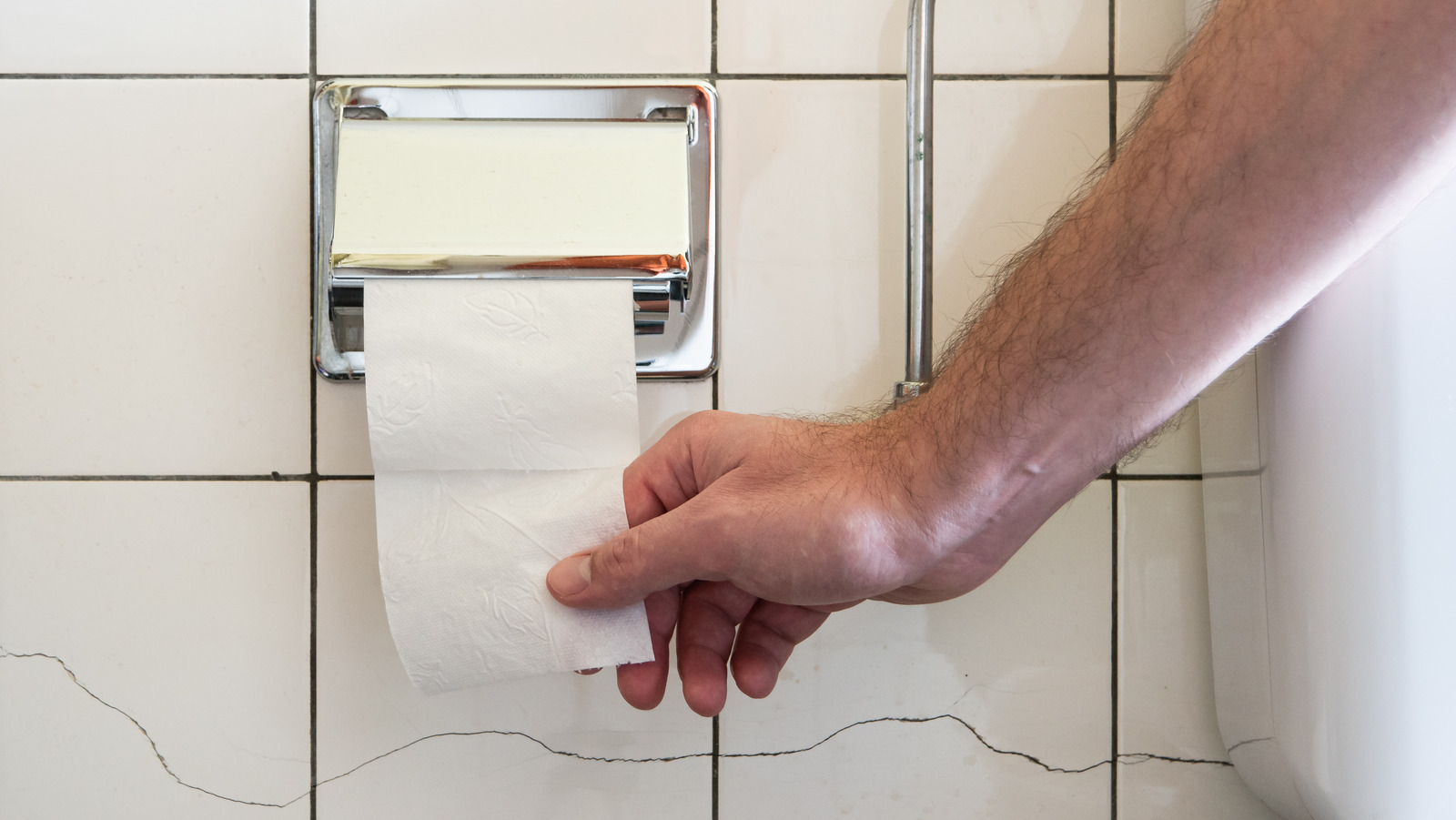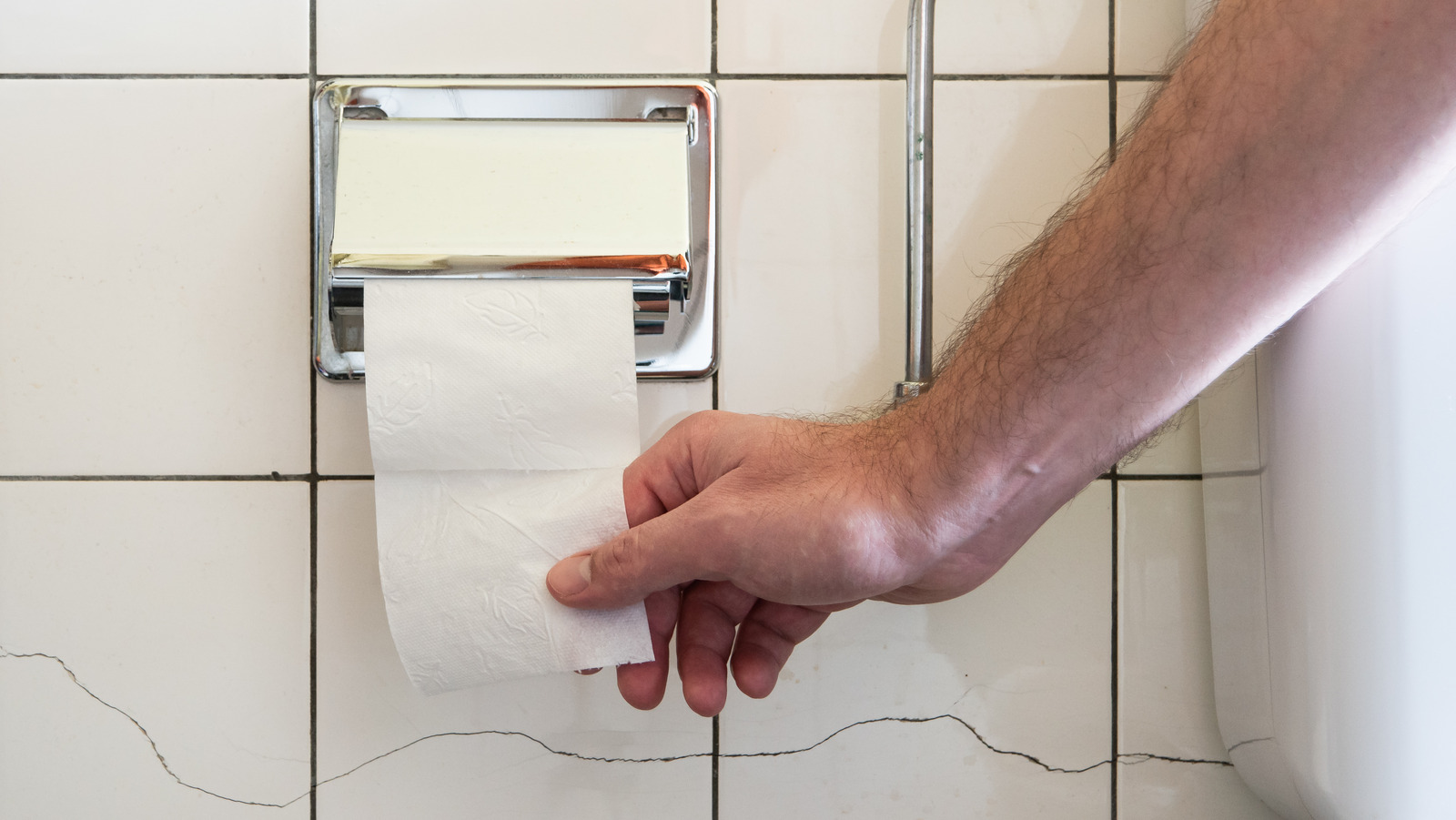
Medical Diagnoses That Require Swabbing Your Own Poop – Health Digest

GI bleeding happens when there’s blood loss from any part of your digestive system, which goes from the esophagus and stomach all the way down to the small intestine, colon, rectum, and anus (via the Cleveland Clinic). Detecting blood in stool is vital for detecting GI bleeding, and even more so is noting the color of the blood, as it can indicate where the bleeding is coming from. Typically, the darker the blood, the farther up the origin of the bleeding. For example, according to WebMD, bright-red blood normally suggests bleeding in the lower part of the GI tract (colon, rectum, or anus). In contrast, dark red or brown blood may indicate bleeding higher up in the colon or small intestine. Lastly, black, tarry stools, known as melena, often signify bleeding in the stomach.
Numerous conditions can cause GI bleeding, ranging from cancers and ulcers to inflammatory disorders. To diagnose the cause of GI bleeding, doctors may order various tests based on your symptoms. Among these diagnostic tools is a stool test, which, per WebMD, can detect clotting problems, anemia, and infections such as H. pylori. Stool tests play a crucial role in identifying GI bleeding and guiding healthcare providers in determining the appropriate treatment plan for the underlying condition.


